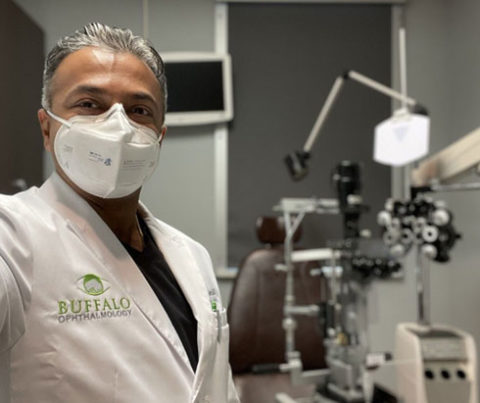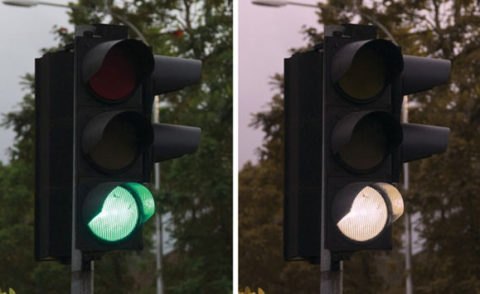The Early Signs of Cataract: When to Consult an Expert
Cataracts are a common condition in older adults, affecting over 24 million people in the United States. About half of all Americans will develop cataracts by age 75, although some may require surgery as early as their mid to late 50s. Cataracts can gradually interfere with daily life, causing progressive vision loss that can only be corrected through surgery.
Because cataracts develop slowly, recognizing the early signs and seeking timely cataract surgery can save you years of vision difficulties. One of the most common things cataract patients tell us is that they wish they had undergone surgery sooner. Read on to learn more about cataracts, their symptoms, and why it’s essential to consult an expert if you think you may have them.
What Are Cataracts?
A cataract refers to the clouding of the eye’s natural crystalline lens, which typically occurs with age. Over time, the proteins within the lens break down, causing it to stiffen and cloud. This makes vision appear blurry, hazy, and dull. If untreated, cataracts can worsen to the point of severe vision loss or even legal blindness.
Recognizing the Symptoms of Cataracts
Cataracts may cause a variety of symptoms as they progress, including:
- Trouble Seeing
in Low Light - Halos and Glare
- Blurry or Cloudy Vision
- Poor Night Vision
- Increased Sensitivity to Light
- Faded Color Vision

Trouble Seeing in Low Light
You may find that you need extra light for everyday activities such as reading, writing, sewing, or knitting.
Halos and Glare
You may also start to notice the appearance of glare in your vision, or rings of light known as halos. These can be especially noticeable at night.
Blurry or Cloudy Vision
One of the biggest indicators of a cataract is when your vision begins to blur. This can happen very slowly over time, but it will increase as the cataract develops and may not be noticeable at first.
Poor Night Vision
Due to halos and glare, you may find your night vision deteriorating. Driving at night may be particularly difficult, and the headlights from other vehicles may cause discomfort as well.
Increased Sensitivity to Light
Another sign you may have cataracts is if you notice increased sensitivity to light. You may find yourself wearing sunglasses more often or feeling discomfort when exposed to bright sunlight.
Faded Color Vision
Cataracts may cause bright images to appear dull, tinted, or yellowed. They can also distort your vision and make you see double or see spots in your vision.
How Cataracts Are Treated
In their early stages, cataracts can sometimes be managed with lifestyle adjustments. Increasing light in your home, avoiding night driving, and wearing sunglasses or wide-brimmed hats can help reduce discomfort. However, it’s still important to undergo annual eye exams to monitor for cataracts and other eye diseases, some of which may not show symptoms until vision damage is permanent.
Unlike many other eye conditions, cataracts can be fully treated, but only with surgery. Cataract surgery involves removing the clouded lens and replacing it with an artificial intraocular lens (IOL). Today’s advanced IOL technology can even reduce dependence on glasses after surgery.
The encouraging news is that cataract surgery can be performed at nearly any stage of development. Recognizing the early signs and seeking treatment promptly can help you avoid years of poor vision and maintain your quality of life.
Expert Cataract Treatment at Buffalo Ophthalmology
Cataract surgery is one of the most common and safest eye procedures worldwide, and it can significantly improve vision and quality of life. At Buffalo Ophthalmology, our skilled surgeons—including our lead surgeon, Dr. Deepan Selvadurai—provide expert cataract care using the latest surgical techniques and technology.
If you suspect you may have cataracts, don’t wait. Contact Buffalo Ophthalmology today to schedule a consultation and take the first step toward clearer vision.

Request Appointment
"*" indicates required fields





